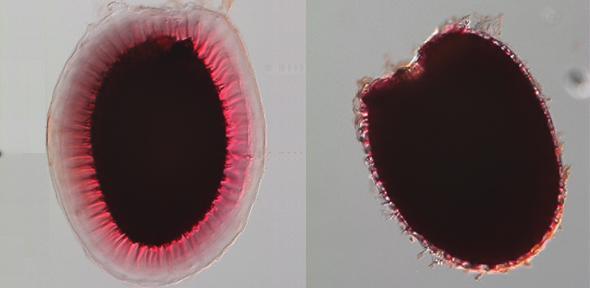
In the search for low emission plant-based fuels, new research may help avoid having to choose between growing crops for food or fuel.
Scientists have identified new steps in the way plants produce cellulose, the component of plant cell walls that provides strength, and forms insoluble fibre in the human diet. The findings could lead to improved production of cellulose and guide plant breeding for specific uses such as wood products and ethanol fuel, which are sustainable alternatives to fossil fuel-based products.
Published in the journal Nature Communications today, the work was conducted by an international team of scientists, led by the University of Cambridge and the University of Melbourne.
"By using cellulosic plant materials we get around the problem of food-versus-fuel scenario that is problematic when using corn as a basis for bioethanol", Professor Paul Dupree, Department of Biochemistry, University of Cambridge.
Click here to access the Nature Communications paper.
Click here to read the full article.
Image credit: Dr Nino Nikolovski and Paul Dupree, University of Cambridge

